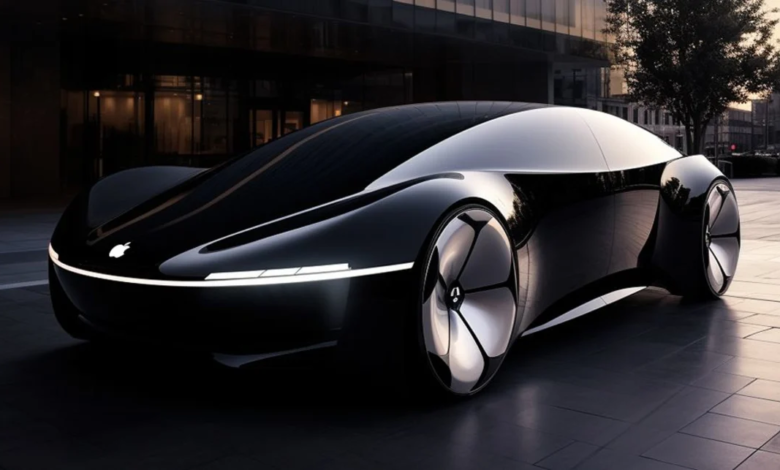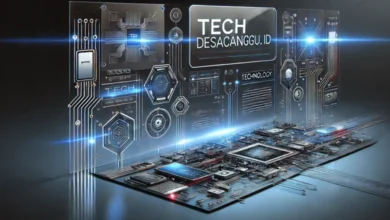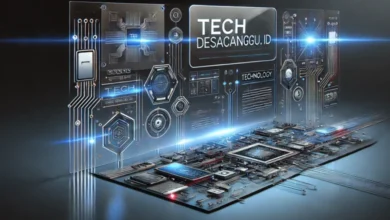Apple Car: A New Era in the Automotive Industry

Apple Car The idea of Apple, the tech giant known for its sleek products like iPhones, iPads, and MacBooks, entering the automotive market has stirred excitement and curiosity in equal measure. With the recent buzz around the Apple Car, speculation is at an all-time high. Is Apple truly ready to revolutionize the automotive industry the way it transformed consumer electronics? Will we soon see an Apple Car cruising the roads, integrating the latest tech with cutting-edge design? Let’s dive into everything you need to know about this potential game-changer.
What is the Apple Car?
The Apple Car is a rumored autonomous electric vehicle that Apple has been reportedly working on for several years. While there have been no official announcements confirming the existence of an Apple-branded car, the company has made significant strides in the automotive sector through its Project Titan initiative. This secretive project is thought to involve the development of a fully self-driving electric vehicle, combining Apple’s expertise in hardware, software, and design.
Apple has traditionally stayed out of the automotive manufacturing space, preferring to work with other companies in industries such as mobile tech and consumer electronics. However, the possibility of Apple entering the car business has intrigued both tech enthusiasts and car aficionados. With its massive financial resources and a reputation for creating highly innovative and user-friendly products, an Apple Car could present a fresh perspective in a market dominated by legacy automakers.
Apple’s Vision: Integrating Technology with Transportation

One of the key reasons people are excited about the potential of the Apple Car is the company’s focus on integrating technology seamlessly into everyday life. Think about it: Apple has built an empire on designing user-centric, intuitive devices that combine beauty with functionality. The idea of applying this philosophy to a car is compelling, especially given the increasing role technology plays in modern automobiles.
In the past few years, Apple has made moves in the automotive space through collaborations with existing automakers, such as the partnership with BMW for integrating Apple CarPlay into vehicles. CarPlay allows drivers to seamlessly connect their iPhones with their car’s infotainment system, enabling hands-free control, navigation, music streaming, and more. This integration is a stepping stone for what Apple could ultimately achieve in its own vehicle.
It’s speculated that the Apple Car could come equipped with autonomous driving features, similar to what Tesla has pioneered with its Autopilot system. Imagine a car that not only drives itself but also learns from your preferences, integrates with your smart home, and provides the same seamless experience that Apple products are known for. From controlling your car’s climate settings with Siri to having a personalized in-car entertainment system, the Apple Car could feel like an extension of the Apple ecosystem.
How Will the Apple Car Differ from Traditional Cars?
The Apple Car will likely stand out from traditional vehicles in several key ways, particularly in its design and tech integration. While most automakers focus heavily on vehicle performance, Apple is expected to center its development around ease of use, connectivity, and cutting-edge autonomous features.
A Seamless Experience with Apple Ecosystem
If you own an iPhone, MacBook, or any other Apple device, you already know how seamlessly everything integrates. One of the major benefits of an Apple Car would be its integration with the Apple ecosystem, something that traditional automakers have struggled to replicate. The vehicle would likely sync effortlessly with your iPhone, Apple Watch, and other Apple devices, allowing you to control the car using Siri voice commands, manage music, and access navigation through your devices.
For example, when approaching the car, it could recognize your iPhone and automatically unlock the doors, adjust the seat to your preferences, and load up your playlist. It’s the ultimate convenience for Apple users who appreciate how their devices “just work” together. The level of seamlessness and convenience in managing the car, from controlling driving modes to managing the in-car experience, will likely set the Apple Car apart.
Autonomous Driving: A Step Into the Future
Autonomous driving is one of the most anticipated features of the Apple Car. Given the company’s previous efforts with AI and machine learning, it’s expected that Apple will equip the car with cutting-edge sensors, cameras, and LiDAR technology to achieve fully autonomous driving.
Apple has been known for its ambitious goals, and autonomous driving could be its next frontier. The tech company is rumored to be working on a “level 5” autonomous vehicle, which means the car would be capable of driving itself in all conditions, without human intervention. This would be a significant leap forward compared to the current “level 2” and “level 3” systems found in many vehicles today, where the driver must still retain control of the car.
If successful, the Apple Car could revolutionize how we view commuting, making the need for a driver almost obsolete. Additionally, the car could take advantage of Apple’s AI capabilities to learn from driving patterns, adapt to different environments, and even update its software over time, much like how iPhones receive regular software updates.
What Will the Apple Car Look Like?
While there’s still much speculation surrounding the design of the Apple Car, we can make some educated guesses based on Apple’s previous design philosophy and patent filings. Apple’s design aesthetics have always focused on clean lines, minimalism, and user-friendly interfaces. Expect a vehicle that reflects these principles, with a sleek, futuristic look that avoids clutter and extraneous details.
A Minimalist Exterior and Interior
In typical Apple fashion, the Apple Car will likely feature a minimalist exterior with smooth, seamless surfaces and a futuristic vibe. It may not have the aggressive angles or bold features commonly seen in traditional cars, instead favoring a sleek, sophisticated design.
The interior of the car will likely be just as minimalist. Apple’s focus on user experience means the cabin will probably be designed for maximum comfort and usability. The dashboard could be dominated by a large, high-resolution touchscreen that serves as the central hub for navigation, entertainment, and climate control. Touch-sensitive surfaces, haptic feedback, and even voice-activated controls could replace the buttons and switches found in most cars today.
Instead of traditional mirrors, the car might feature cameras and displays to provide drivers with enhanced visibility. Advanced technologies like facial recognition or fingerprint sensors could replace physical keys, allowing for effortless entry and control.
A Focus on Sustainability
Given the increasing focus on sustainability, it’s also possible that Apple’s car will emphasize eco-friendly materials and a design that reduces the environmental impact. The car could be built using recycled materials, with energy-efficient battery systems and manufacturing processes that align with Apple’s commitment to reducing its carbon footprint.
What’s Next for the Apple Car?
Despite the excitement, there are still many questions about when the Apple Car will actually hit the market. There’s no official release date, and Apple has been notably secretive about the project. In the past, the company has shifted its focus, changing from developing a full car to focusing on autonomous driving software or collaborating with other companies.
However, recent reports indicate that Apple is still progressing with its plans, and the Apple Car might finally see the light of day in the coming years. The company is believed to be in talks with various partners to secure manufacturing and distribution capabilities, as Apple itself is unlikely to become a traditional car manufacturer.
As the competition in the electric vehicle space heats up, Apple will need to bring its A-game if it wants to take on established players like Tesla, Lucid Motors, and traditional automakers transitioning to electric. With the company’s track record of disrupting industries, many are watching closely to see how the Apple Car could change the future of transportation.
Conclusion: A Game-Changer in the Making?
The Apple Car has the potential to be one of the most disruptive innovations in the automotive industry in recent years. While it may still be a few years away from becoming a reality, the prospect of a fully autonomous, eco-friendly, and deeply integrated car is incredibly exciting. Whether or not Apple succeeds in building its own car, one thing is certain: the company’s entry into the automotive world will push the entire industry to think differently about how we drive, commute, and experience transportation. The road ahead may be a little more electric, autonomous, and seamlessly connected, all thanks to Apple.



